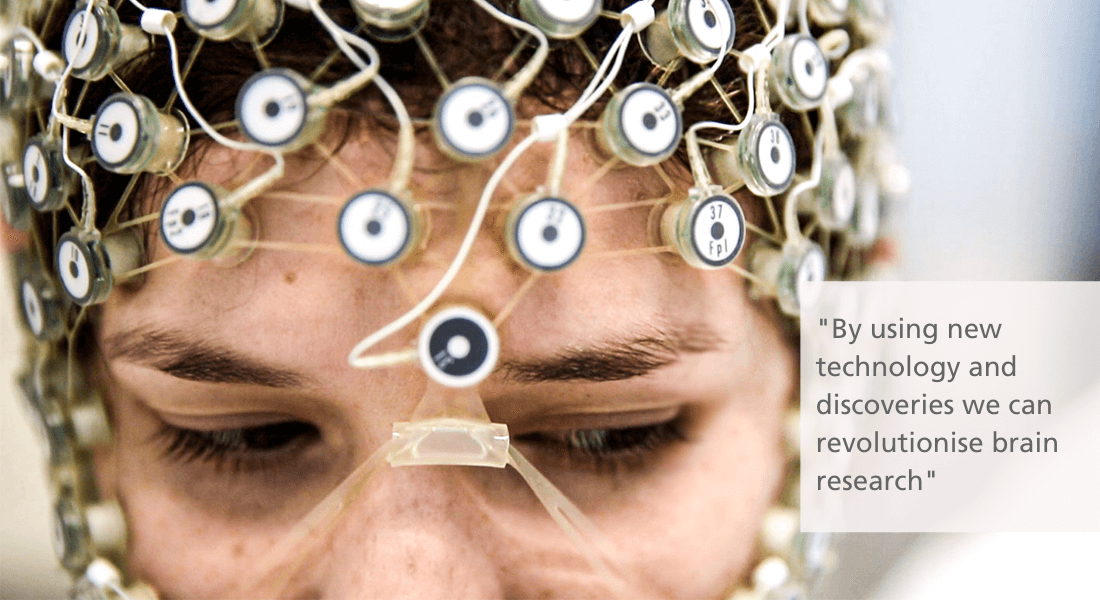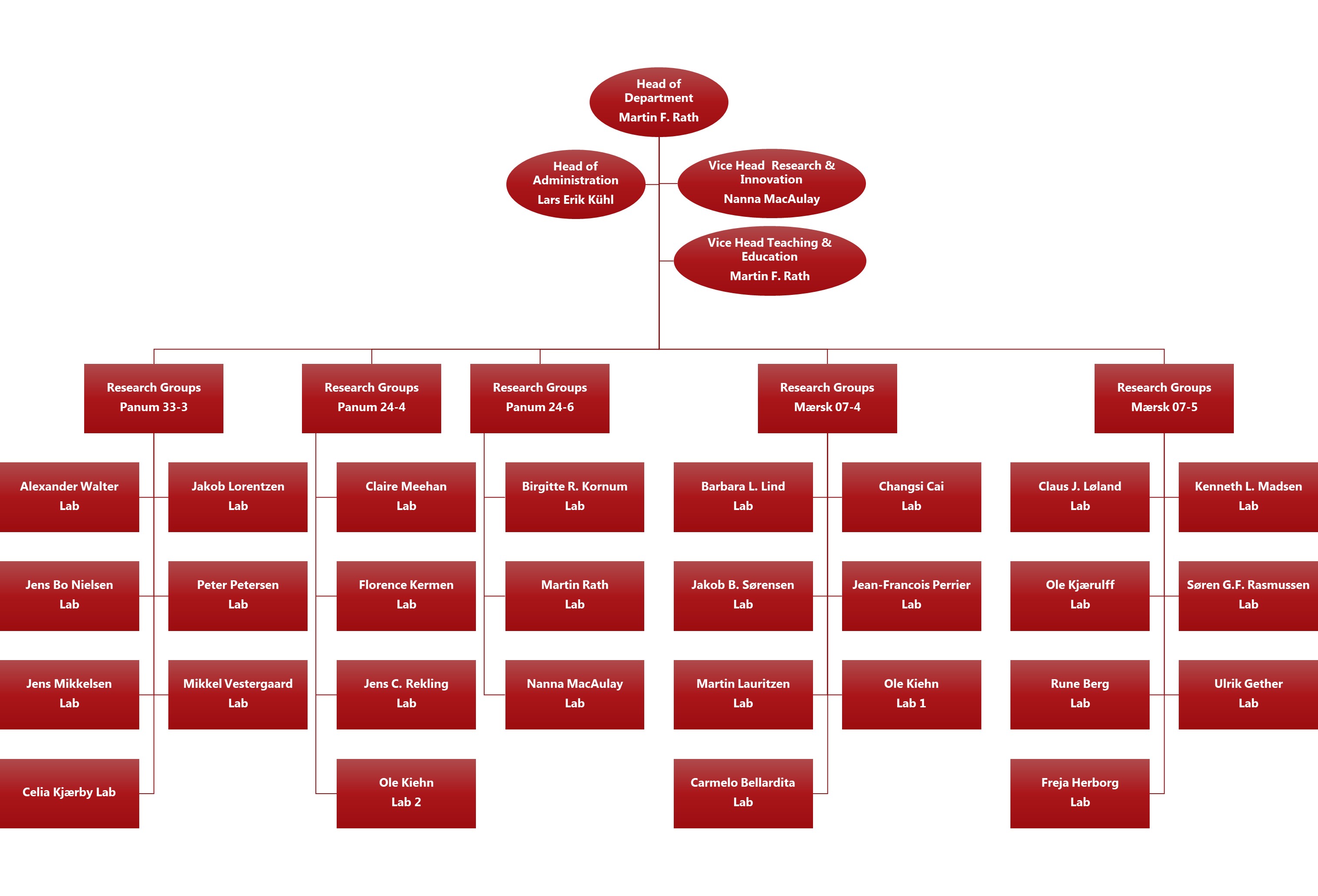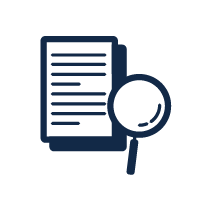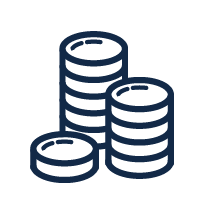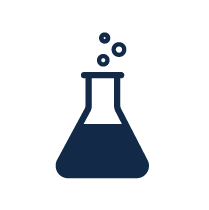About
It is the mission of the department to perform top class basic and translational research to advance the understanding of brain functions as well as brain diseases and their treatment. We also take responsibility for educating the next generation of researchers and physicians within neuroscience to ensure optimal understanding and treatment of neurological and neuropsychiatric diseases. This bench-to-bedside strategy will reinforce collaborative efforts with clinicians and other scientific disciplines both nationally and internationally.
Neuroscience is a major strategic focus area for the Faculty of Health and Medical Sciences at University of Copenhagen and as a consequence the Department of Neuroscience, which has its roots from the previous Department of Neuroscience and Pharmacology, was officially established 1st of September 2017. The purpose was to gather research groups committed to neuroscience with educational activities within neuroscience in one organizational unit.
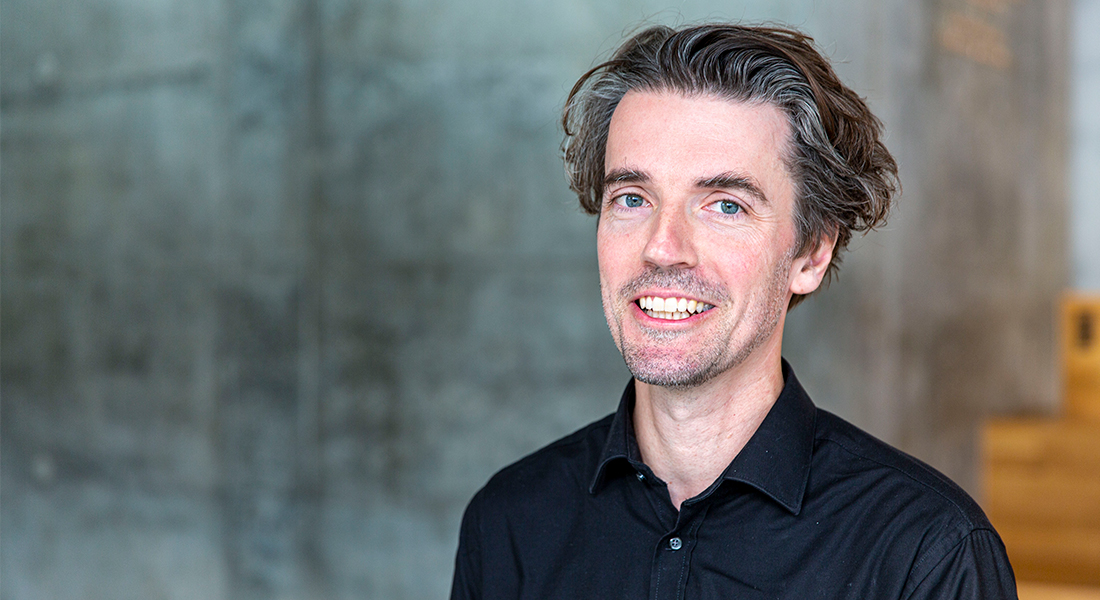 |
Head of Department |
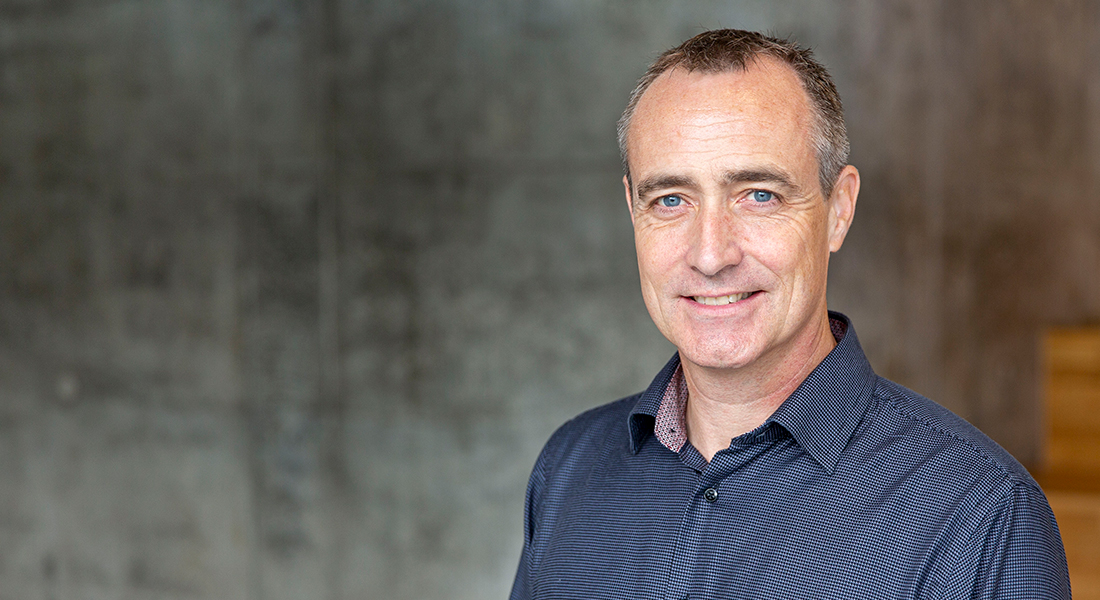 |
Vice Head of Department |
 |
Vice Head of Department for Research and Innovation |
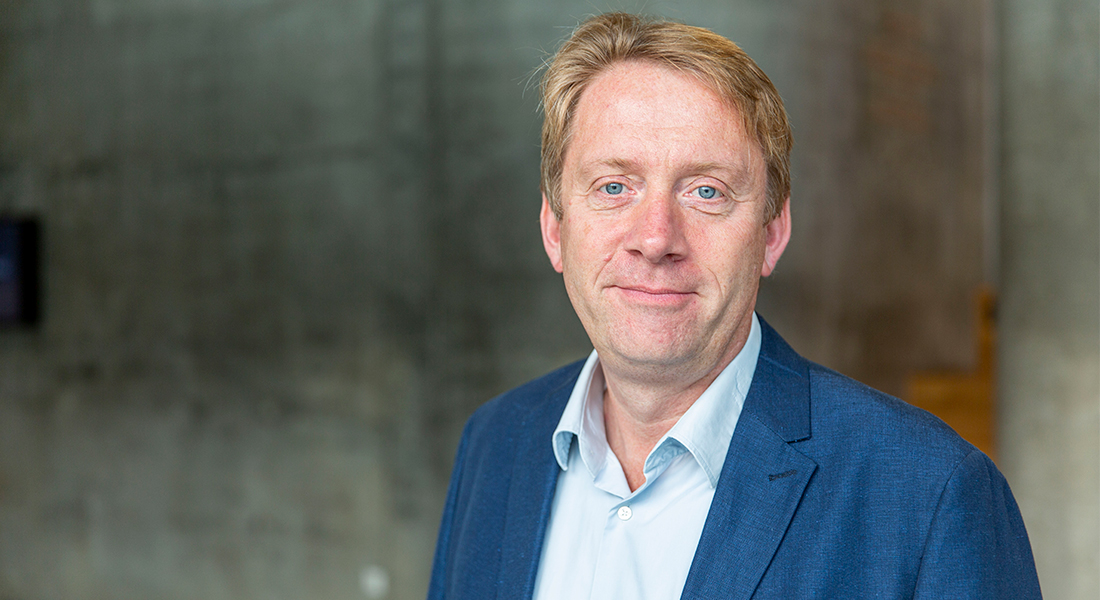 |
Head of Administration |
 |
Professor Martin F. Rath
Room: 24-6-06 Head of Department |
 |
Professor Claus Løland
|
 |
Professor Nanna MacAulayRoom: 24-6-34 Vice Head of Department for Research and Innovation
|
 |
Lars Erik Kühl
|
 |
Professor Jean-Francois PerrierRoom: 07-4-59 Elected member of 07-4 |
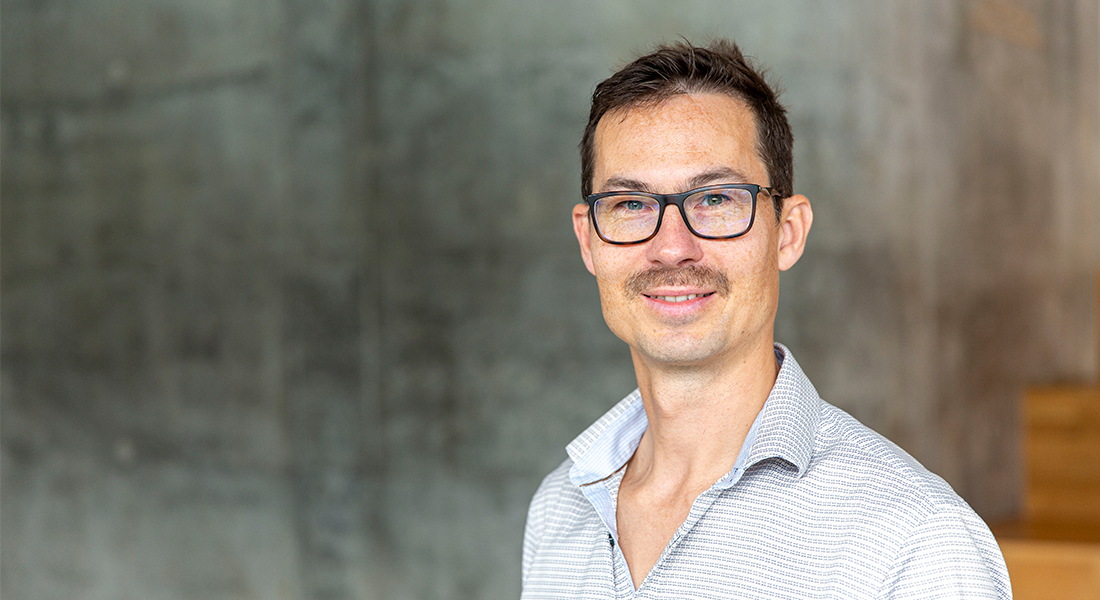 |
Associate Professor Rune BergRoom: 07-5-62 Elected member of 07-5 |
 |
Associate Professor Jens ReklingRoom: 24-4 Elected member of 24-4/6 |
 |
Associate Professor Alexander WalterRoom: 33-3-66 Elected member of 33-3 |
 |
Head of Administration |
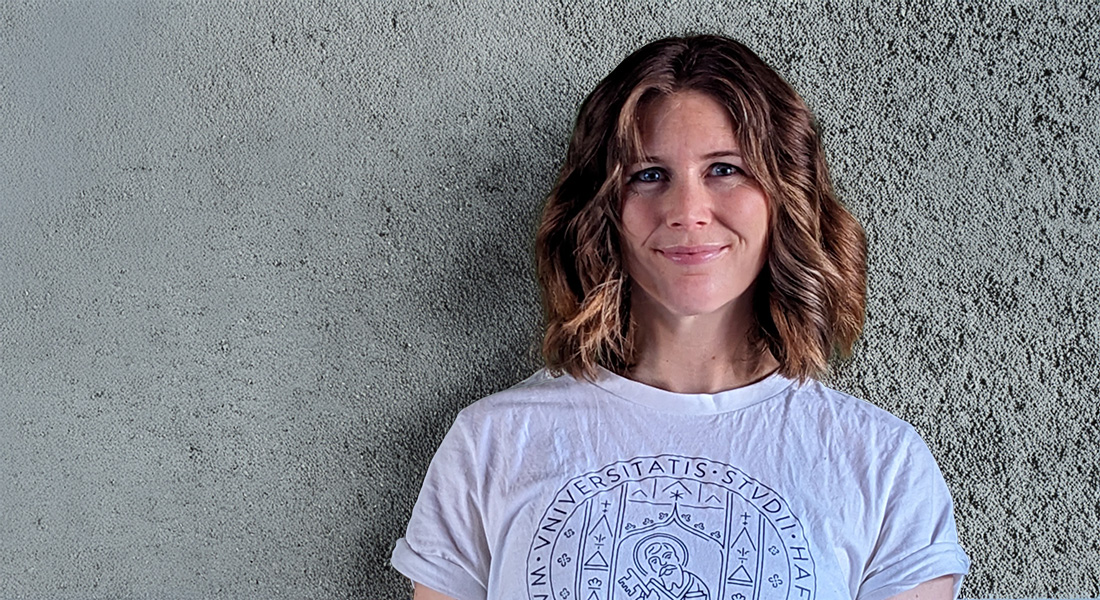 |
Department secretary |
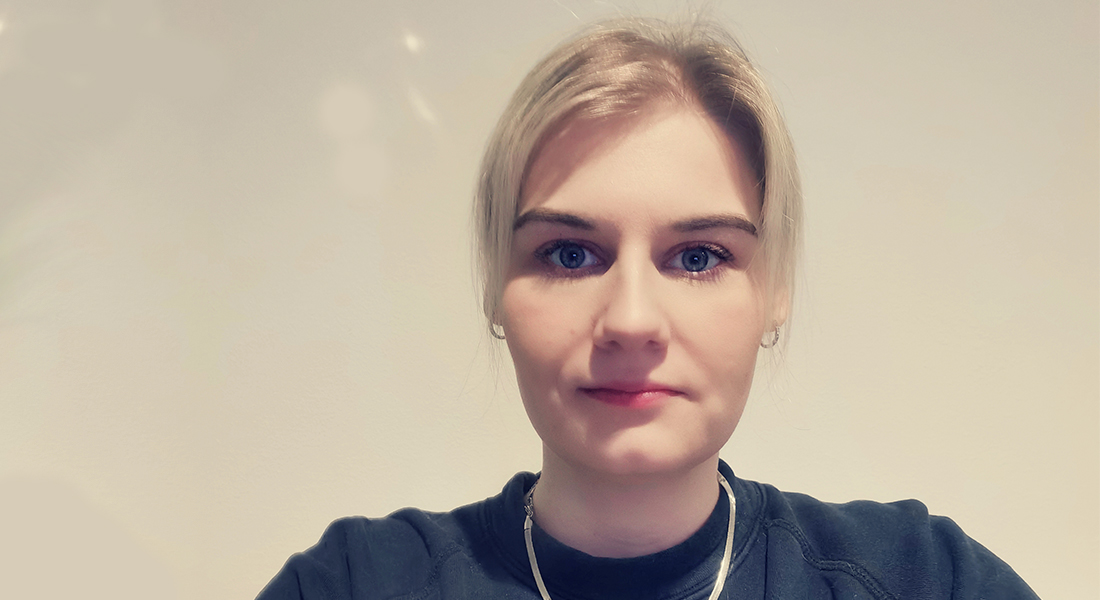 |
Academic Officer |
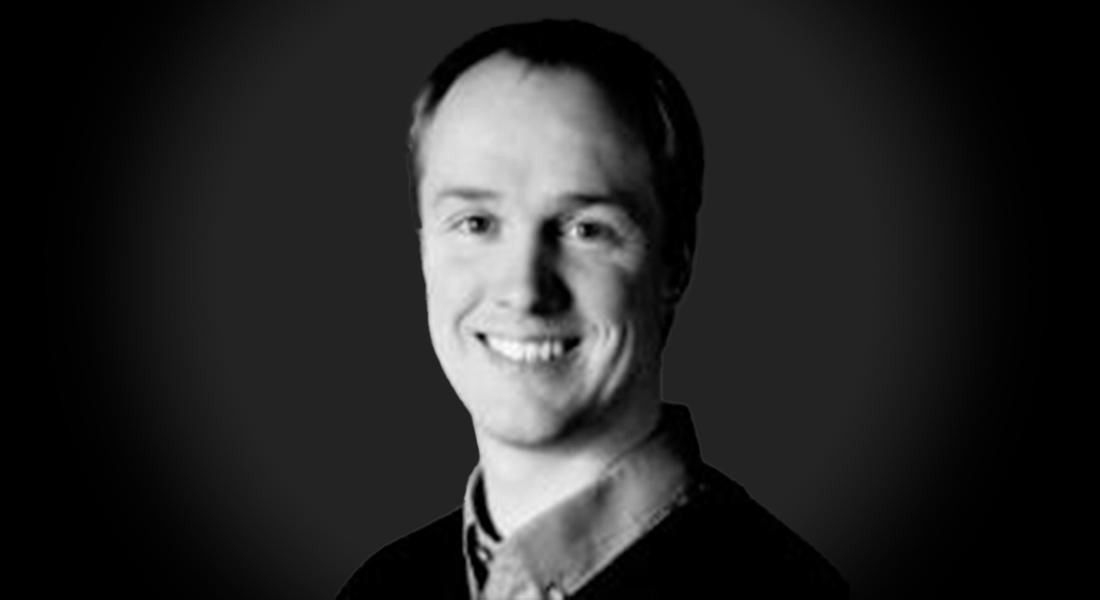 |
Finance Partner |
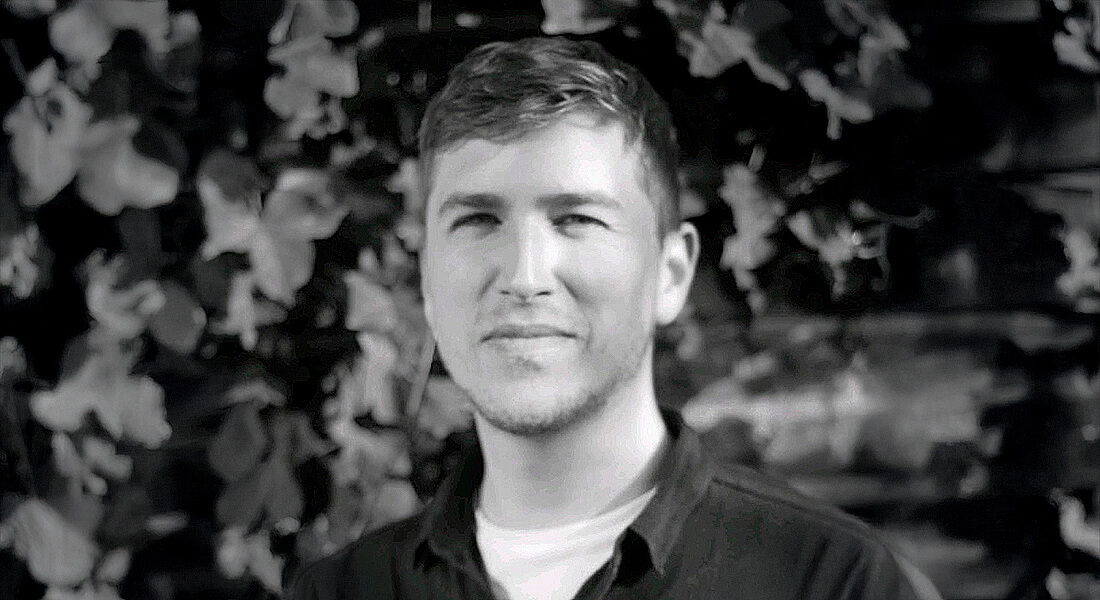 |
HR partner |
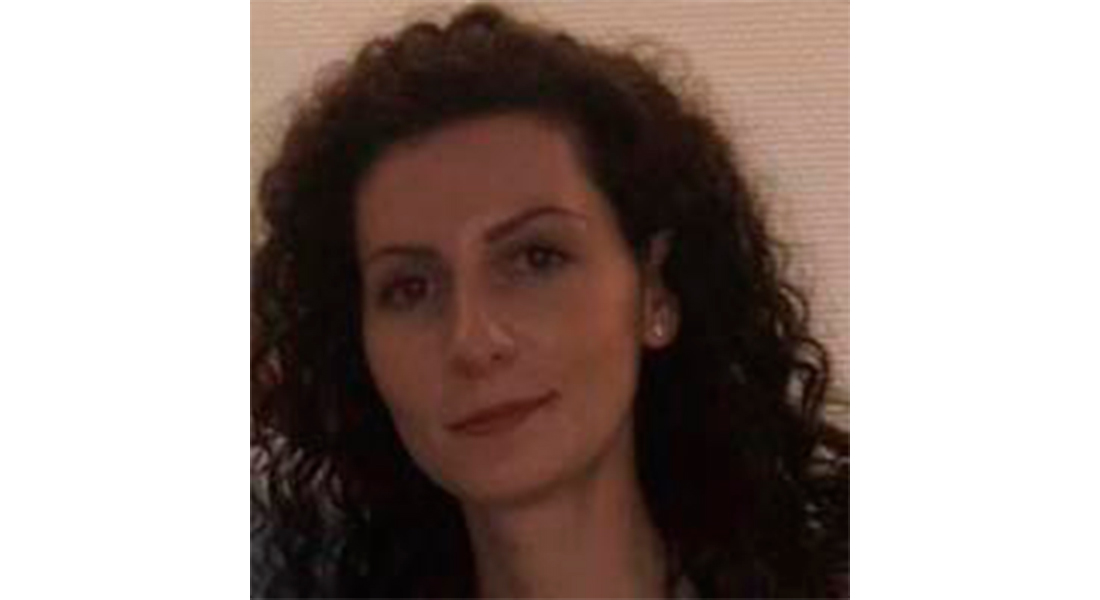 |
Project controller |
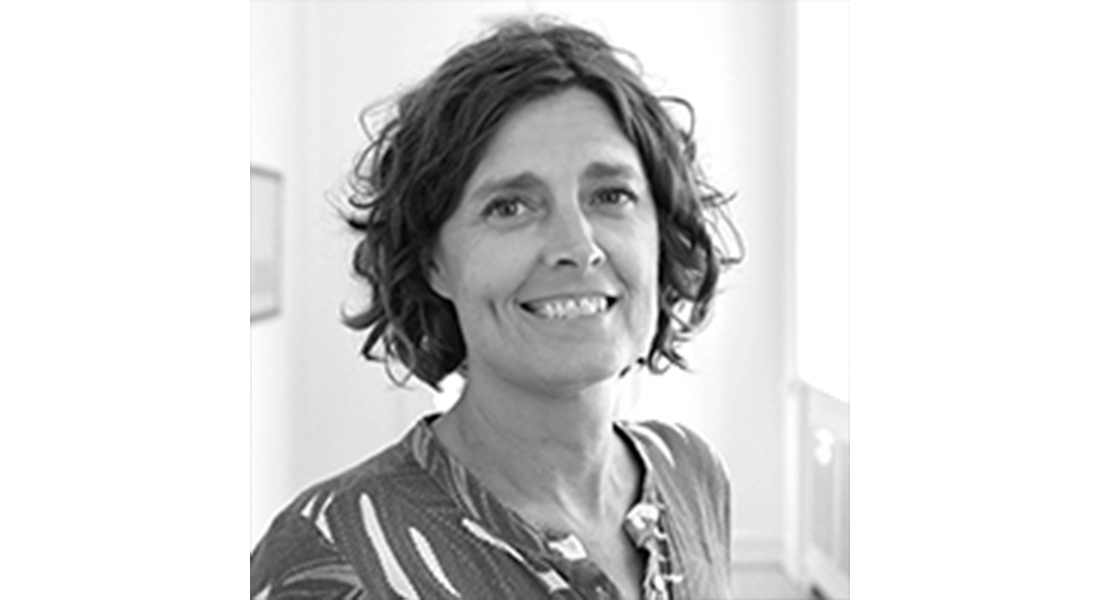 |
Project controller |
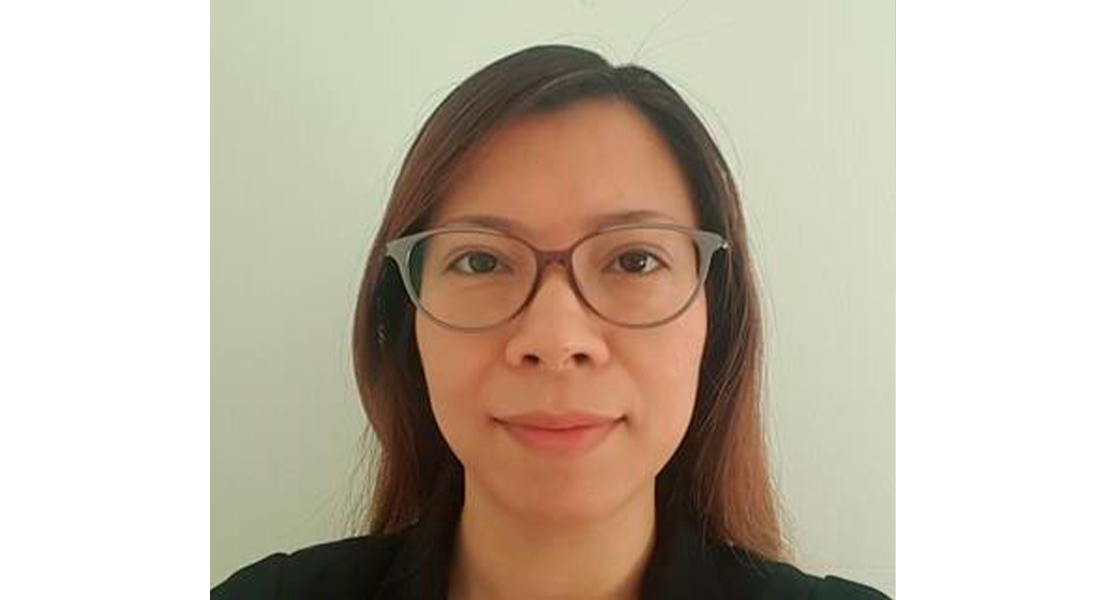 |
Project controller |
Vision
- To become an internationally recognized epicenter for brain research and education to the future benefit of patients and society.
Mission
- To perform top class basic and translational research to advance our understanding of brain functions as well as brain diseases and their treatment.
- To educate the next generation of researchers and physicians within neuroscience to ensure optimal understanding and treatment of neurological and neuropsychiatric diseases
Goals and actions
The department has set 8 strategic goals within 6 areas for 2025 – 2028.
1. Education Teaching
Goal 1: New CNS course for medical students
- Final planning and implementation of the new course (2025)
Goal 2: Neuro-rehabilitation courses offered to stakeholders outside of UCPH
- Completion of English learning material (2025)
- First course completed in English (2026)
Goal 3: Secure continuation of PhD Academy – Neuroscience Academy Denmark – with support from Lundbeckfonden.
- Develop proposal for continuation and enter a new agreement with Lundbeckfonden (primo 2025)
- Continue program (2025-2031)
2. Research
Goal 4: Career support and funding opportunities
- Implementing a new onboarding program for early career scientists and new group leaders (2024-2025)
- Regularly organize networking activities with focus on career paths for early-career-scientists (2024-2028)
- Consolidate grant application support with focus on international opportunities (specifically ERC) and larger collaborative grants (2025-2028)
3. Innovation & Impact
Goal 5: Promotion of innovation agenda to researchers at IN
- Workshops (at least once annually) where researchers with innovation experience (from inside or outside) share their experiences with other researchers at IN (2024-2028)
- Host new spin-out companies in the department (2024-2028)
4. Collaboration, partnerships, public sector consultancy
Goal 6: Promote translational research in neuroscience
- Establishment of one or more Clinical Academic Groups within the area of neuroscience and related diseases (2025-2028).
- Continue to include clinicians in our Neuroseminar series and encourage the academic staff to meet with these speakers during their visits (2025-2028)
- Support association of relevant clinical scientists to the department (2025-2028)
- Continued promotion of the interaction amongst the clinical/preclinical PhD students in the neuroscience PhD program (by workshops, social events, PhD courses, teaching assignments at the department, and an annual winter school) (2025-2028)
5. HR & Organisation
Goal 7: Recruitment of permanent associate professors to support teaching activities
- Employment of new permanent Associate Professor with a teaching portfolio in neuropharmacology (2024)
- Employment of new permanent Associate Professor with a teaching portfolio in neurophysiology (2024)
6. Research & Infrastructure
Goal 8: Renovation and expansion of laboratory and animal facilities
- Completion of lab renovation in 33.3. section B (2024-25)
- Preparation of lab facilities for new group leader (2024-2025)
The Department of Neuroscience consists of approximately 150 full and part-time employees and 100 associated researchers and students divided into 22 research groups and an administration. The organization is visualized in the chart below. The red boxes represent the current line management, while blue boxes represent councils and committees. The scientific groups are placed directly under the management structure with no additional subdivision or section structure; in the figure below, they are shown according to their physical location. The overall approach to governance at IN is based on a flat organizational structure with a high level of involvement from group leaders and staff. Collaboration committees and scientific/educational councils support an engaging and collaborative culture.
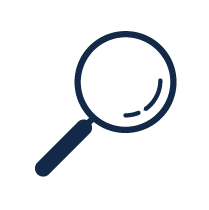
Research
- Molecular and cellular neuroscience
- Motor control and neuronal circuits
- Neurotransmitter receptors and transporters
- Cerebral fluid and blood flow
- Autonomic systems and circadian rhythm
- Neurological, psychiatric diseases and trauma

Educational Focus
- Excitable cells
- CNS structure and function
- Cellular neuroscience
- Neuropharmacology
- Human neurobiology
- Neuronal signaling
- Tissue & movement biomechanics
- Advanced cell biology
- Pharmacology and toxicology
